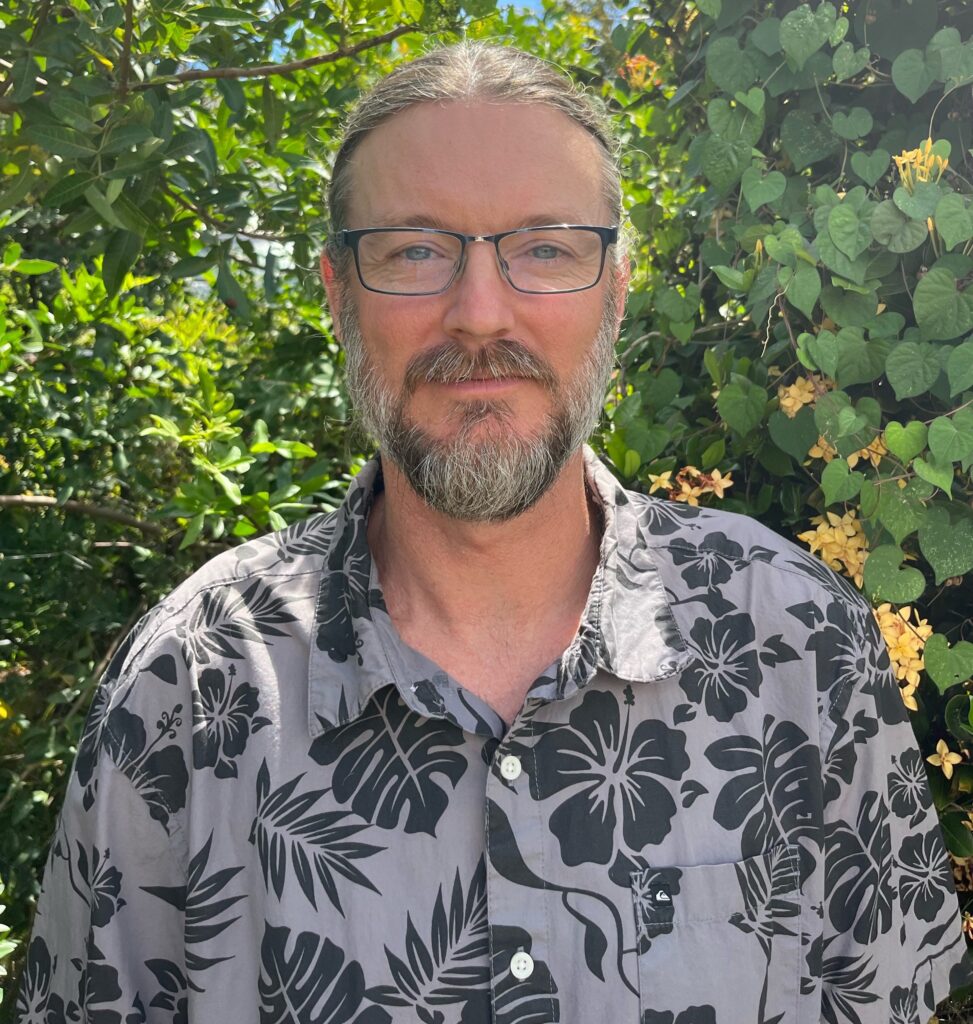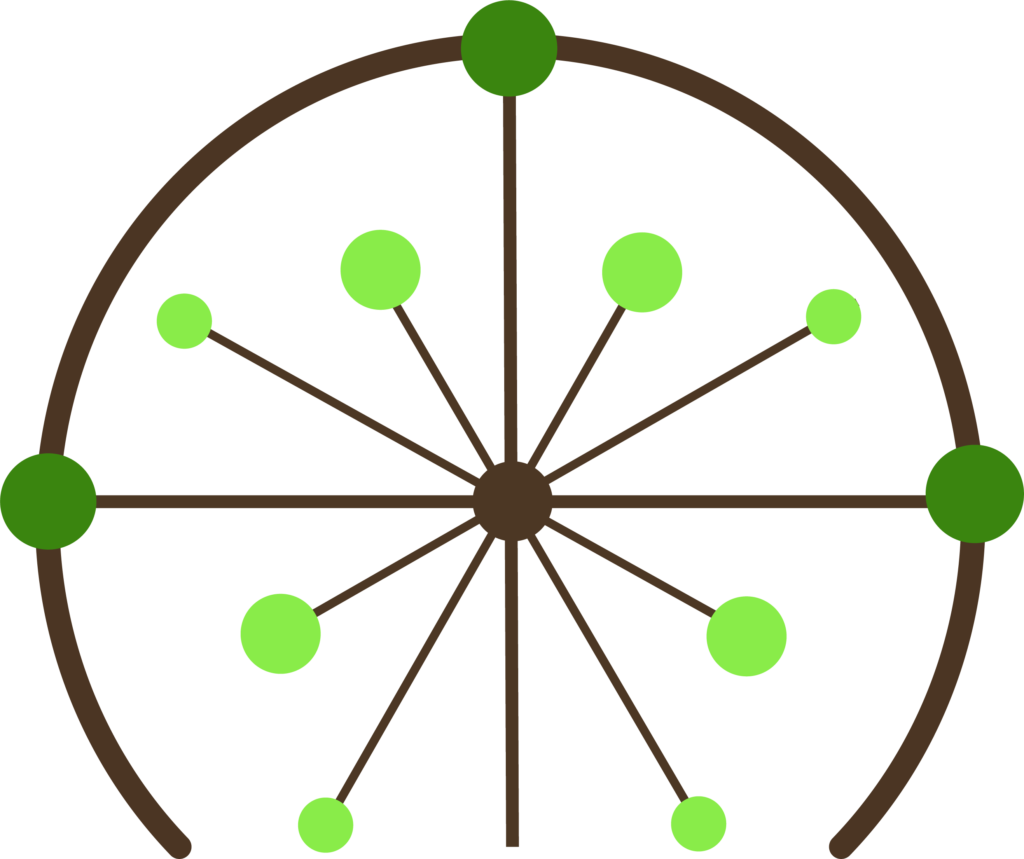

Jeremy Toole
Maui, Hawaii
Certified UM Trainer/Teacher
Aloha, from Maui HI, my name is Jeremy Toole and I am a Unified Mindfulness (UM) Coach/Trainer. Mindfulness has been a game changer for me in my personal and professional life. After learning the UM techniques, I found a deeper connection to myself, others, and nature, as well as realizing the many known, science backed benefits of mindfulness (stress reduction, better sleep, etc.). I’ve even found myself taking better care of my body, eating better, exercising, and no more alcohol or cigars (go figure). In my experience, meditation aligns me more with my continuing personal growth goals and untapped potential, which is easier with a healthy mind and body.
Throughout taking the UM Core training, Foundations, Pathways, and Compass Coach/Trainer programs, I have been working online and in-person, with groups, corporate teams, and doing individual coaching. It has been a wonderful journey so far and I would be honored to be part of your journey as an individual, group, or corporate team, developing your own mindfulness practice.
Whether you are new to meditation or have been practicing a while, we can probably find some common ground to discuss and encourage growth in your practice and life. Mindfulness can be an excellent tool but going it alone can be challenging, especially integrating into our busy lives. My experience is around managing and deepening practice while having a busy life as a parent, spouse, and full-time career, so if this sounds familiar, feel free to sign up for a session. Or, if you are just trying out various coaching styles, we may be a fit and I am always open to exploring new experiences and listening to whatever you may bring to the table.
Participants are also welcome to email about other times, or following the retreat. I look forward to connecting. [email protected]
website: mindfullife808.com
Julianna received her BA in psychology from Duke University. As founder, president, and head trainer of Unified Mindfulness, she is dedicated to disseminating Shinzen Young’s comprehensive mindfulness meditation system through the creation and presentation of educational programs and teacher-training certification programs.
Dr. Hunter serves as associate professor of practice and is the founding director of the Executive Mind Leadership Institute at the Peter F. Drucker Graduate School of Management, Claremont Graduate University. He also serves as visiting professor at the University of Virginia Darden School of Business, where he developed and co-teaches the Leading Mindfully executive education program..
Dr. Eisendrath serves as chief psychologist and president of the Institute for Dialogue Therapy, P.C., where, as a Jungian analyst, she offers psychotherapy with individuals and couples, psychoanalysis, supervision, and training.
Dr. Vago serves as the research director of the Osher Center for Integrative Medicine and the director of the Contemplative Neuroscience and Integrative Medicine (CNIM) Laboratory at Vanderbilt University Medical Center. He is an associate professor in the Department of Physical Medicine and Rehabilitation and the Department of Psychiatry.
Stella is a psychologist, professor, and Zen practitioner. She became a formal student in 2008 in the Soto Zen tradition. She teaches courses in mindfulness based psychotherapies and the psychology of compassion at the Union Institute & University. She also co-facilitates a family program and young adult program at Shao Shan Temple, in Woodbury Vermont.
Dr. Creswell serves as a tenured associate professor in the Department of Psychology at Carnegie Mellon University. He is also the director of the Health & Human Performance Laboratory at Carnegie Mellon University.
Dr. McCormick currently serves as director of education at Unified Mindfulness. In 1975, he received a B.A. in psychology from the University of California Santa Cruz, where he was part of Dr. Elliot Aronson’s research team that examined cooperative approaches to reducing interracial conflict and academic performance problems in newly integrated school, and made Honors in Psychology, College Honors, and Thesis Honors.
UnifiedMindfulness.com is the official teacher training platform for Shinzen and the Unified Mindfulness System.
Created over 50 years of research and testing by Shinzen Young, Unified Mindfulness is a system of meditation that’s easily researchable by science, with clear terminology and rigorous precision around concepts and procedures.
The Unified Mindfulness system is a comprehensive, robust and refined support structure that any individual at any stage of meditation practice can rely on to go deeper in their insight and their ability to share it with others. It is also a secular form of meditation, which means it’s not religious in any way so anyone, of any faith, can do it.
